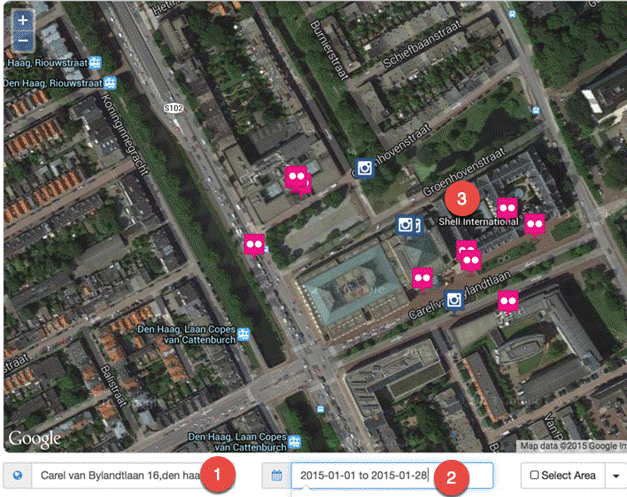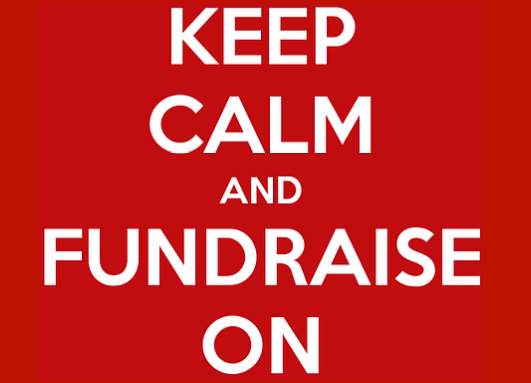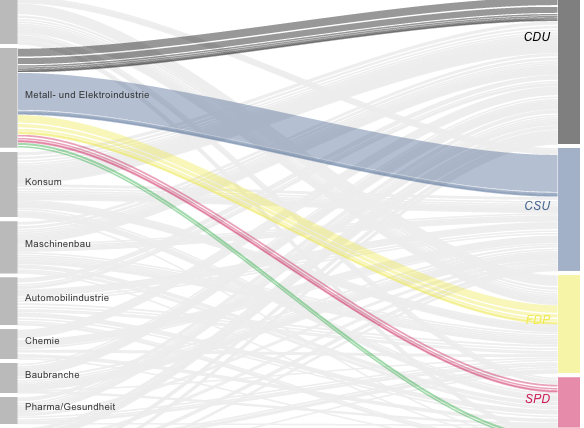Resource
Online Methods to Investigate the Who, Where, and When of a Person
Online research is often a challenge for traditional investigative reporters, journalism lecturers and students. Information from the web can be fake, biased, incomplete or all of the above. Offline, too, there is no happy hunting ground with unbiased people or completely honest governments. In the end, it all boils down to asking the right questions, digital or not. This chapter gives you some strategic advice and tools for digitizing three of the biggest questions in journalism: who, where and when?









